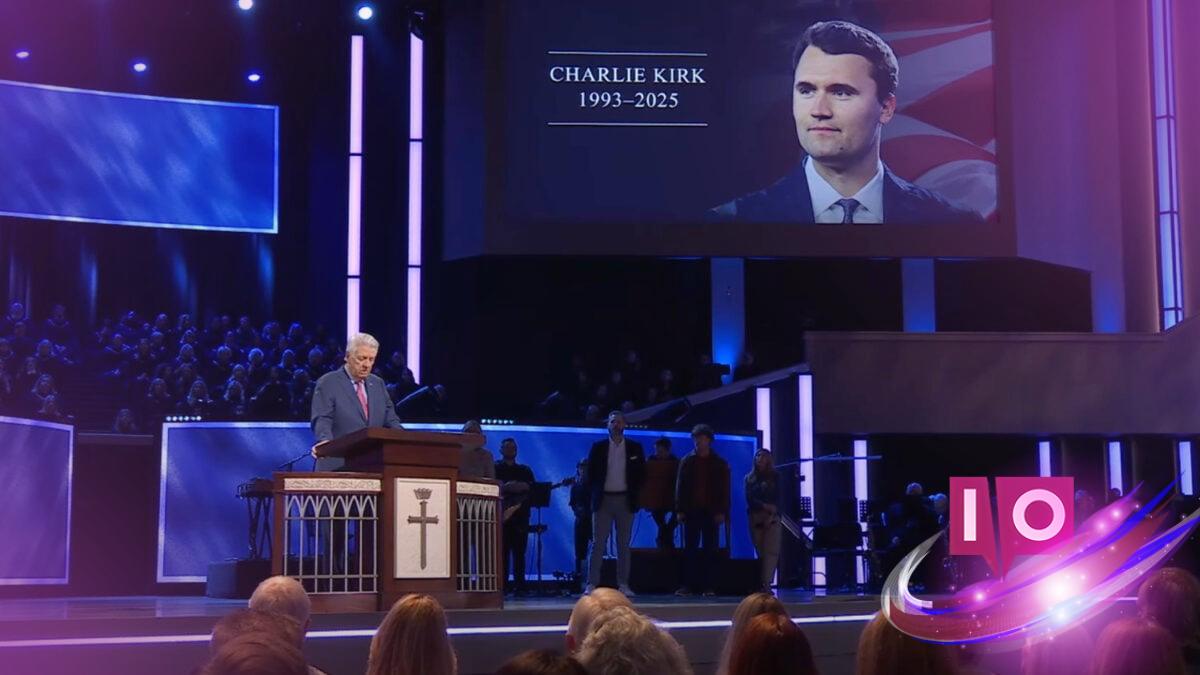The world we live in is rapidly changing, especially in how we cope with grief and loss. Recently, churches across the United States shared a posthumous message from Charlie Kirk, allegedly assuring his followers that “death is not the end, it’s a promotion.” But this message was not a heartfelt farewell; rather, it was a creation of artificial intelligence, raising questions about the implications of such innovations in dealing with grief.
As an experienced content strategist, I’ve observed that our emotional connections and the evolving digital landscape impact how we engage with those we’ve lost. The use of AI in memorialization is becoming more prevalent, but it invites an essential conversation about authenticity and emotional healing.
1. Understanding AI in Grief Management
This technology allows communities to experience messages that feel genuinely personal, even when they are not. At least three churches, including Prestonwood Baptist in Texas, played Kirk’s AI-generated audio message, leading to emotional responses from congregants, some of whom applauded as if it were truly Kirk speaking to them.
2. The Rise of Digital Memorials
So why are digital memorials becoming so prevalent? People have always sought ways to remember loved ones. Today, with endless photos and an unwavering online presence, we see digital tributes flourish. This practice fits into the concept of “continuing bonds,” which implies that sharing stories and memories helps keep loved ones alive in our hearts.
3. The Dangers of AI Fabrications
However, AI-generated content diverges significantly from cherished memories. Unlike shared stories that stem from lived experiences, AI messages are entirely fabricated. While technology can recreate voices or images, what it can’t replicate is the essence of who a person was.
4. The Ethical Considerations Behind Griefbots
The growing trend of using AI for mourning raises concerns. Some studies suggest that “griefbots,” designed to simulate conversations with deceased loved ones, might offer temporary comfort. But these bots could also trap individuals in an emotional loop, making it difficult to navigate their grief.
5. The Effects of AI on Memory
Recent research from MIT Media Lab supports the idea that exposure to AI-generated content can alter our personal memories. It highlights how even a single AI-edited image can cause individuals to hold false memories with unwarranted confidence.
What implications does this have for grieving individuals? Many who seek solace in these AI messages may not have known the real Charlie Kirk. They may have developed a one-sided, parasocial relationship, leading them to respond to AI messages as if they have been in dialogue with the man himself.
As society grapples with the legacy of public figures like Charlie Kirk, we must consider how AI affects our understanding of loss and memory. Does a synthesized voice embody any part of a person’s soul? Perhaps it’s time to reflect and, instead, allow them to rest peacefully.
Why is AI technology used in grief therapy?
AI technology is increasingly employed in grief therapy to create simulations of deceased loved ones, helping individuals process their feelings of loss and maintain connections.
How can AI-generated messages help with emotional healing?
In some cases, AI-generated messages can provide comfort and closure, giving individuals a sense of connection to their lost loved ones.
What are the risks of using AI for memorialization?
There are risks involved, including the potential for dependency on AI constructs and challenges in distinguishing between real memories and fabricated ones.
As we navigate the complexities of AI in memorialization, it’s crucial to explore these themes further. For more insights and discussions on mourning and technological advancements, let’s keep the conversation alive at Moyens I/O.
